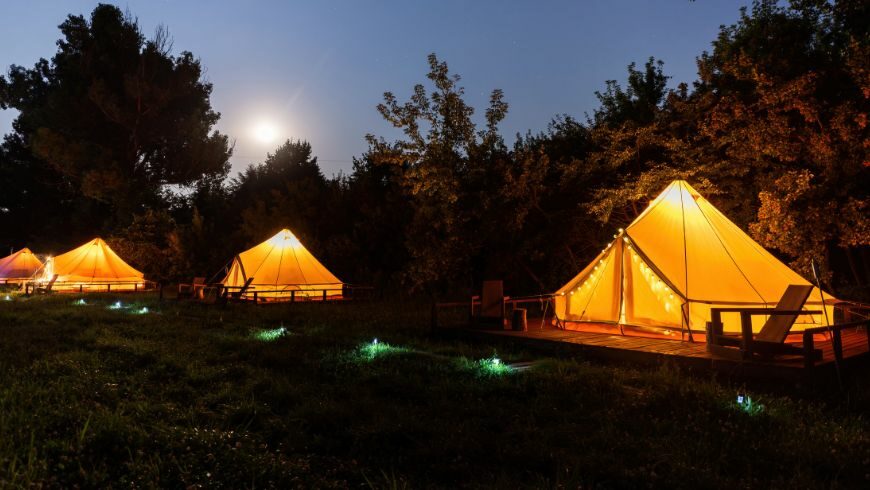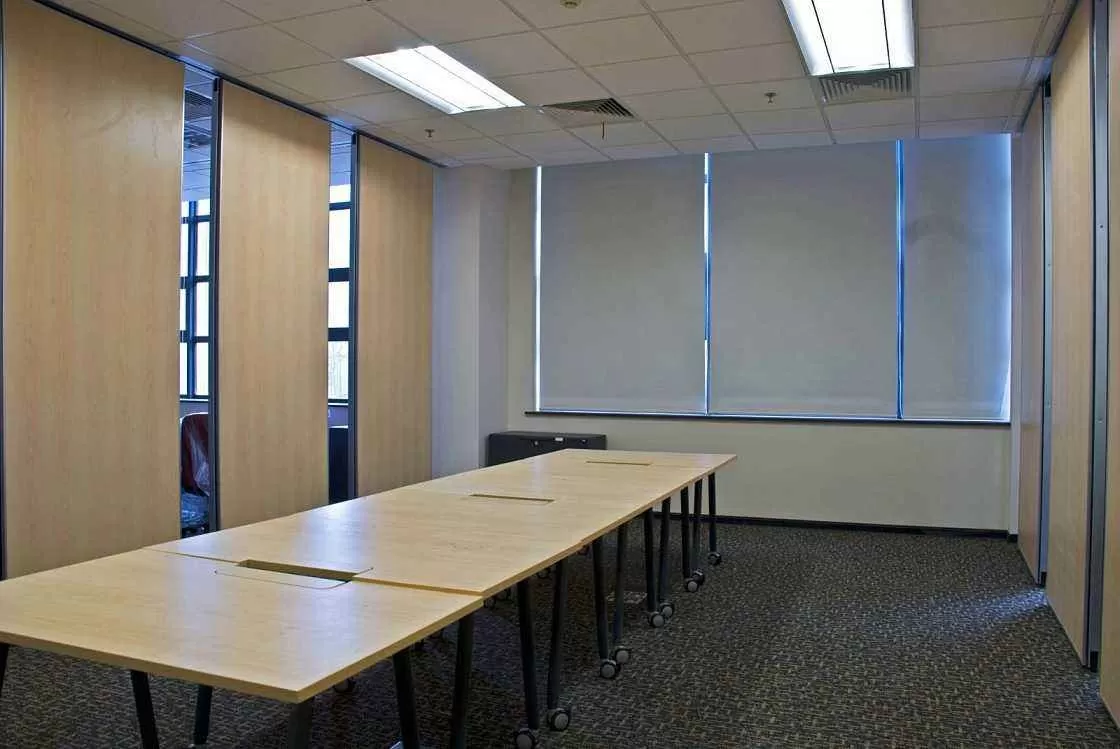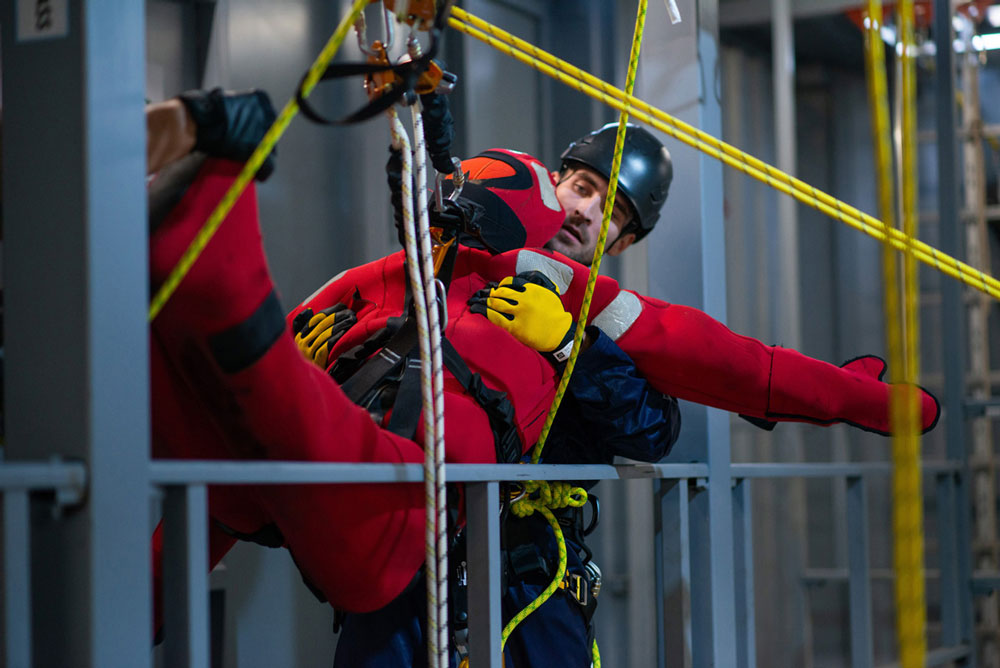Education today is no longer confined to classrooms with four walls. More schools, colleges, and training providers are exploring outdoor learning environments to foster creativity, focus, and resilience. Buying glamping tents for sale is becoming a popular addition to such programmes, offering comfort while keeping participants close to nature. By blending structured learning with immersive natural experiences, glamping-based education is opening new doors for both students and educators.
Why Outdoor Learning Matters
Nature has always been a teacher. From developing problem-solving skills to improving emotional wellbeing, outdoor settings give learners opportunities that indoor spaces often lack. Being outdoors reduces stress, boosts concentration, and encourages physical activity, all of which are linked to better learning outcomes. For many, the simple act of stepping into a natural environment helps reset the mind, allowing for deeper engagement with educational content.
When learning happens outside, students experience subjects more vividly. Environmental science becomes real when surrounded by ecosystems, history feels alive when explored in natural landscapes, and even creative writing flourishes when participants are inspired by the sights and sounds of the outdoors.
The Role of Glamping in Education
Traditional camping can sometimes be uncomfortable, which may distract from the actual learning goals. Glamping offers a solution by combining the immersive benefits of camping with essential comforts. Glamping tents provide safe, weather-resistant spaces that can be used as temporary classrooms, discussion areas, or accommodation during multi-day workshops.
These tents allow educators to take students away from distractions while ensuring they remain comfortable and focused. Unlike standard classrooms, the informal setting of a glamping site encourages more open discussions, teamwork, and creativity. It feels less like an obligation and more like an experience, which helps participants retain what they learn.
Building Skills Beyond Textbooks
One of the greatest benefits of outdoor educational programmes supported by glamping is the development of life skills. Learners can take part in group activities, problem-solving challenges, and nature-based workshops that build resilience and teamwork.
Spending time together in glamping tents creates an environment of collaboration and shared responsibility. Cooking meals, organising schedules, or even managing campfires teach practical lessons in leadership and cooperation. These skills are rarely captured by textbooks but are essential for personal and professional growth.
A Balanced Blend of Rest and Learning
Educational trips often demand a balance between active participation and adequate rest. This is where glamping proves valuable. Instead of returning to dormitories or hotels, participants can unwind in glamping tents close to the activity site. This continuity enhances the overall programme by making rest part of the learning journey.
A good night’s sleep in a calm, natural setting can improve memory retention and concentration, ensuring participants are refreshed for the next day’s lessons. This blend of learning and relaxation makes outdoor programmes more sustainable and enjoyable.
Encouraging Creativity and Innovation
Nature stimulates creativity in ways traditional classrooms cannot. Surrounded by fresh air, greenery, and open space, learners feel freer to think outside the box. Many educational institutions are incorporating art, design, and creative writing workshops into their glamping-based programmes. The relaxed setting reduces pressure and encourages participants to explore new ideas.
Teachers also benefit, as outdoor learning allows them to adopt more flexible teaching methods. Whether it’s group storytelling under the stars or science experiments in natural surroundings, the possibilities are endless.
Accessibility and Opportunities
Glamping tents can be set up in a variety of locations, making them versatile for different types of educational programmes. From schools in cities looking for weekend retreats to universities hosting research workshops in rural areas, glamping ensures outdoor learning is accessible.
The affordability and reusability of glamping tents also mean institutions can invest once and use them for multiple programmes across the year. Whether it’s environmental studies, leadership training, or creative retreats, the tents can adapt to the programme’s needs.
Preparing Students for the Future
Education is not just about academic achievement; it is about preparing learners for life. Outdoor programmes supported by glamping foster independence, adaptability, and confidence. These qualities are especially valuable in today’s fast-changing world, where resilience and creativity are as important as academic knowledge.
By engaging students in nature-based learning, educators are offering them the tools to face future challenges with clarity and confidence. The mix of structured lessons, hands-on activities, and personal reflection ensures a holistic approach to education.
Conclusion
Glamping is more than a leisure activity; it is transforming how education is delivered. By providing comfort and connection to nature, glamping tents make outdoor learning both practical and inspiring. They offer a safe, adaptable, and enjoyable environment where students can explore new ideas, build vital skills, and reset their minds away from daily pressures.
As more educators adopt glamping into their programmes, learning in nature is set to become a cornerstone of modern education. It proves that the best classrooms do not always have walls—they sometimes have canvas, open skies, and the endless possibilities of the outdoors.





